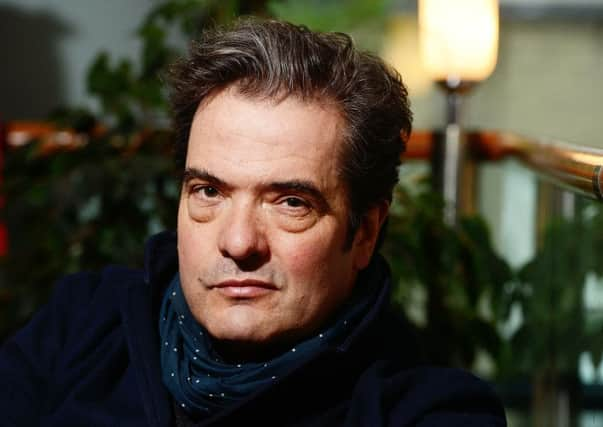Book reviews: The Paradox by Charlie Fletcher


The Paradox
By Charlie Fletcher
Orbit, 432pp,
£9.99
Charlie Fletcher has already found acclaim and popularity with the Stoneheart Trilogy. The Paradox, the second volume of the Oversight novels, confirms his position as one of the most ingenious and intelligent writers of fantasy. Indeed, in their deft melding of the historical and the magical, these books invite comparison to Susanna Clarke’s Jonathan Strange and Mr Norrell. Reading The Paradox, I was already casting it in my head.
The Oversight are a much-reduced body dedicated to governing the relationship between the human and the supernatural. Tensions have never been higher between the two. In a brilliant piece of “what-iffery”, Fletcher takes the traditional idea that supernatural beings have an abhorrence of iron, and wonders how they might respond to the early 19th century’s carving up of the countryside with railway lines. The Paradox complicates the relationship between the Oversight and their opponents, making it far less clear-cut whose rights have been violated (not that Fletcher is tempering the inhumanity of the eldritch creatures: there is one scene where a changeling is tortured that reads like Jack Bauer taking lessons from Gandalf).
Advertisement
Hide AdThe cliffhangers from the previous volume – Sarah Falk and Mr Sharp lost in the maze of mirrors, the ongoing mystery of why the Oversight is a shadow of its former self – are resolved immensely satisfyingly; in particular with a horrific oubliette that induces claustrophobia in this reader at least. We learn more about the motivations of the human adversaries: Templebane, the sinister lawyer, is looking for revenge for the death of his twin in the previous book; and we learn more about “The Citizen” (in another delightful piece of counterfactual conjecture, the principal villain is none other than Maximillien Robespierre, who faked his own death and now labours to extirpate all traces of the irrational). In the course of The Paradox we learn more about The Smith and Hodge the Terrier Man, who works at the Tower of London. Thankfully the mysterious and possibly piratical past of The Cook is as enigmatic. Fletcher is especially good at using the lore of London, so often a kind of shorthand in urban fantasy, in new and intriguing ways. One character who seemed slightly sketchy in The Oversight – the woman referred to as the Ghost of the Itch Ward – is much more fully explored here, and is a perfect example of how a character to whom the reader instinctively feels sympathy can be even more frightening than the ostensible monsters of the book.
Without giving away too many spoilers, it is noteworthy that the fictional universe is much expanded here, with the introduction of the German equivalent of the Oversight, and one narrative trajectory taking us to America in the next book. (I can’t help but wonder if the long-term arc will lead us to 1848 and the Year of Revolutions.)
The Paradox is neatly structured, with each section referring to the classical elements and interspersed “found documents” purportedly by Rabbi Falk – an expedient way to ensure the reader does not have to read too many conversations sometimes known as “info dumps”. At moments of high tension, Fletcher opts for a staccato brevity that becomes almost breathless. There is a Dickensian amplitude – one can’t really resist a novel in which the heroes are menaced by a tidal wave of burning treacle, or that has sentences like “Issachar Templebane examined his own dead face with more disappointment than sorrow”. Perhaps most admirably, there is a genuine sense of jeopardy. All bets are off in terms of the characters’ destinies. In a form where the Eternal Battle of Good Versus Evil can so often lead to a foregone conclusion, Fletcher keeps the reader guessing. I can barely wait for the next volume.